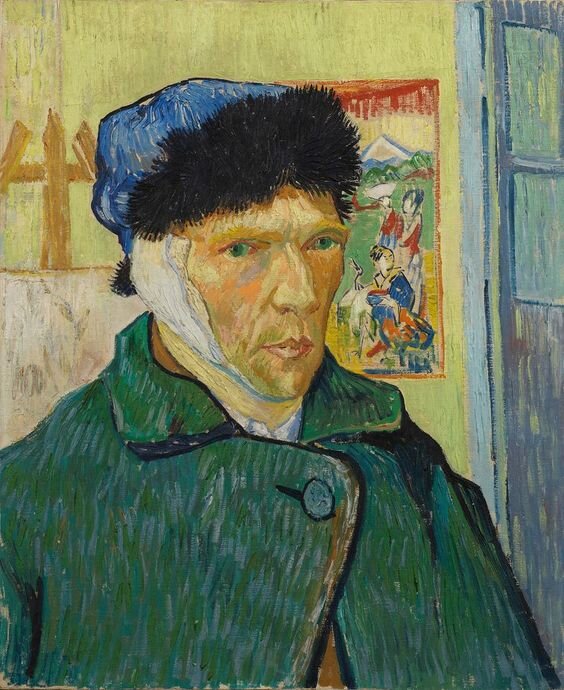Tortured Geniuses and Starving Artists
Last month, I came across an article by Agnes Callard, professor at the university, where she criticized Beth’s character in The Queen's Gambit:
The myth is of the genius “tortured” by some internal struggle the rest of us are not smart enough to understand, so that the best we can do is step out of their way. The real torture is the one we enact by classifying people as geniuses, to serve our own fantasies of independence. Geniuses are the monsters we make.
Long story short, geniuses are admired but feared and isolated, and Beth is not alone. The BBC adaptation of Sherlock portrays a high-functioning sociopath who also deals with drug addiction, an inability to emotionally connect with other people, and loneliness. He often treats people with disrespect and total disdain, leaving Watson to smooth over awkward social situations.
The personality of the genius launches Callard’s criticism on real-life geniuses, recalling people’s tolerance of their rude behaviors — they are so talented in one aspect, mustn’t we excuse their ineptitude in other aspects?
image via
image via
In my own experience, tortured geniuses are accompanied by starving artists. Both are malicious stereotypes created to entertain our imagination of idealistic, intelligent people facing struggles. Picture a tired young man on the street of New York City, cigarette in hand, a dirty paintbrush propped up by his right ear. He had recently quit his job and become a full-time painter. He is a true creative genius, just a little held back by finances, but don’t worry — he might get noticed by a big gallery, blow up on social media, or he might give up completely!
Two years ago, I interviewed a 30-year-old painter who had quit her day job. We discussed the socioeconomic reality of being a full-time creative, and there was one sentence I could never forget:
Most people don't think that artists are serious. I don't wanna say that they're not thoughtful because I think a lot of people think that artists are very philosophical in a certain way, but not in a way that is serious or respectable. They are pot smokers or acid takers or wishy-washy lazy people who like to think about stuff and not work.
People only see the ends of the spectrum — the starving artist struggling to make a living, and the Jeff Koons making millions of dollars.
Why must we worship Andy Warhol while dismissing the new generation of young creatives? Why do we fit personalities into a box and call them starving artists, the same way we consume tortured geniuses for our own entertainment?
My discussion with the anonymous painter continued:
Once you've made it then they're like, oh yeah, it's awesome, I respect your rags to riches story, but it didn't have to be rags! If you had supported from the beginning, it didn't have to be so rough.
I don’t know why artists and geniuses must be tortured, and it intrigues me to see overlaps in their stereotypical makeup. Perhaps some of it comes from autobiographical truth.
Take the example of arguably the most famous “tortured” artist of the 20th century: during his lifetime, Vincent van Gogh was impoverished, isolated, institutionalized, and died from attempted suicide. People are intrigued by his personality, swarm to see his works at museum all over the world, and produce documentaries to showcase his hardships.
We love geniuses. We are impressed by how different they are from us, because we feel so ordinary. We place them under the spotlight and watch their struggles with morbid fascination…
That's it for my train of thought.
Image via









